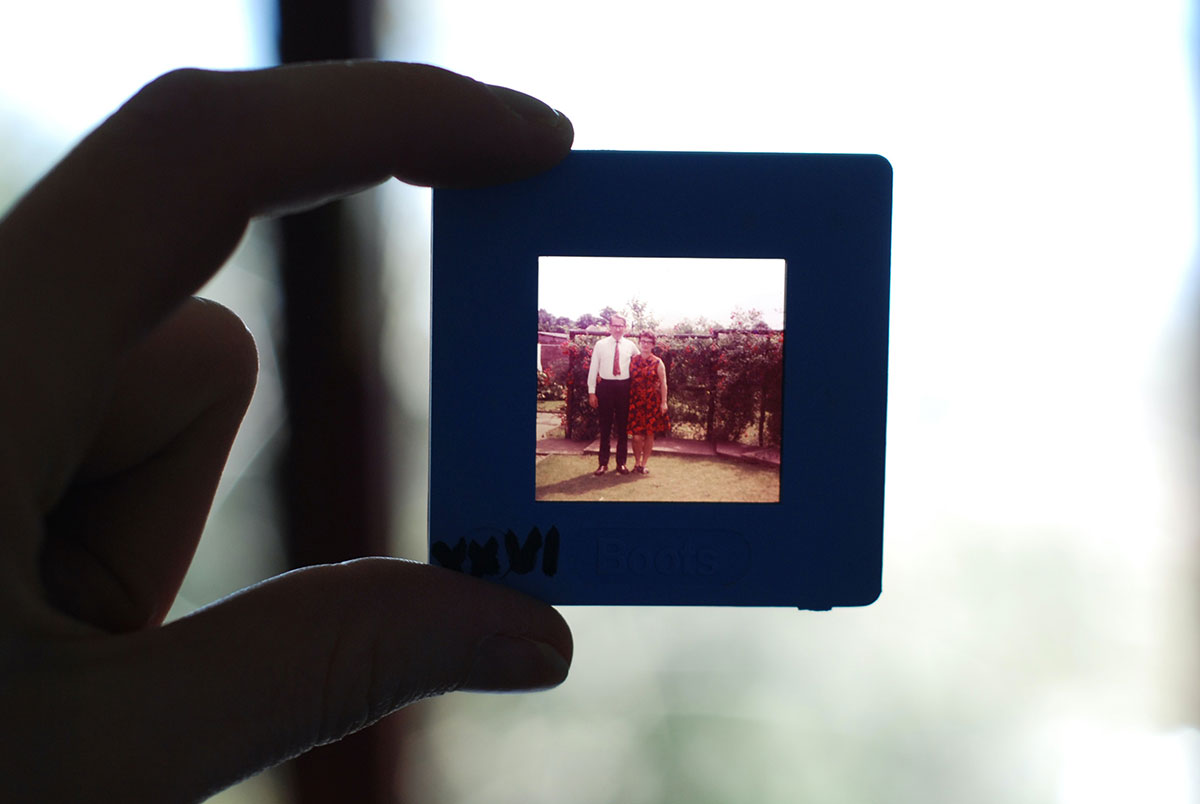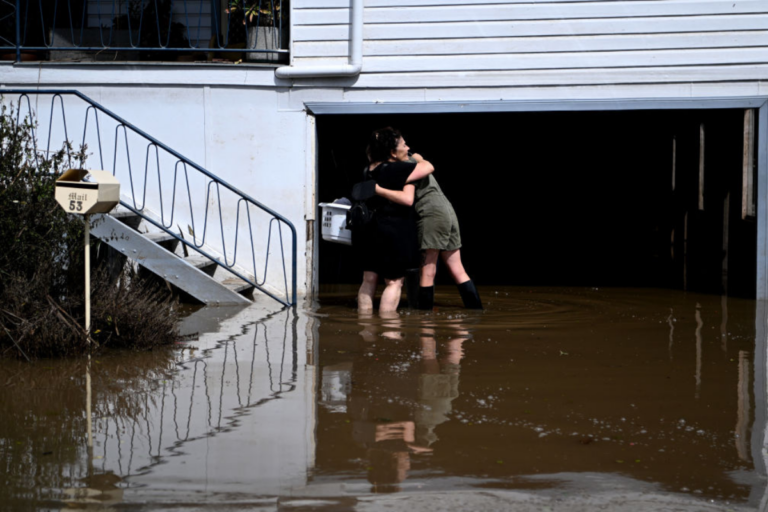If you are feeling lonely or dealing with grief, Valentine’s Day on 14 February can be a difficult day. Here’s how to navigate the day with more ease.
Valentine’s Day is traditionally all about love, romance, couples and togetherness. If feelings of loss or sadness arise because you don’t have that ‘special someone’ due to a recent loss or you are alone, the day can seem like a rather cruel and in-your-face display of what others – seemingly – have, and you don’t.
Here, we share some ways to help make the day a little easier to manage.
Remember: You’re not alone in feeling lonely
Many of us feel lonely, and not just on one day of the year. A study from Relationships Australia found one in six of us experience periods of loneliness.
Loneliness isn’t just a feeling – it’s a health issue as it can affect us physically, emotionally and mentally.
Dealing with loneliness on Valentine’s Day
There are many ways to deal with loneliness, but it’s important to determine what best suits you as an individual. Firstly, it’s okay to acknowledge that you’re feeling lonely, both to yourself and others.
Perhaps you have fewer friends than you would like, you’re shy or introverted, you’ve just moved to a new city, or you’ve struggled with a variety of challenges recently. It sounds cliché but remember that your best Valentine is yourself. It’s possible to enjoy your own company and be alone but not lonely.
You could try to organise to catch up with a friend or family member on the day, whether that’s for a meal, coffee, walk or even just a phone chat. If you don’t have anyone you can reach out to, research online forums or groups based on common interests.
You could also call a helpline such as Beyond Blue or Lifeline if you are struggling and need more support.
Dealing with grief on Valentine’s Day
If you are grieving the loss of a significant other, acknowledge that it’ll be difficult to deal with, though it may be helpful to come up with strategies that could work for you.
We all experience grief differently, so think about what you would find comforting. Don’t feel pressured to feel a certain way – cope in whatever way you believe is appropriate. You may feel resilient, you may not.
Perhaps you will decide to avoid watching the news, listening to the radio or spending time on social media where Valentine’s Day is likely to be discussed and ‘on show’ throughout the day, and instead focus on offline activities that keep your mind occupied.
You may like to put your thoughts and feelings down on paper and journal your day, or perhaps you can honour the person you are missing on Valentine’s Day in some way.
What to do if you’re spending Valentine’s Day alone
The day could serve as a stocktake on how well you’ve been looking after yourself recently. Are you eating a balanced diet, exercising regularly, and sleeping adequately? If these are lacking, be kind to yourself and practise some self-care on Valentine’s Day – and every day.
You may choose to plan an activity you enjoy on the day – watch your favourite movie, spend time on a hobby, or do something creative.
Whichever scenario you choose, it helps to express your vulnerabilities if you feel comfortable. It’s okay to tell a friend, family member or a counsellor that you’re feeling unsettled, sad or upset about Valentine’s Day.





